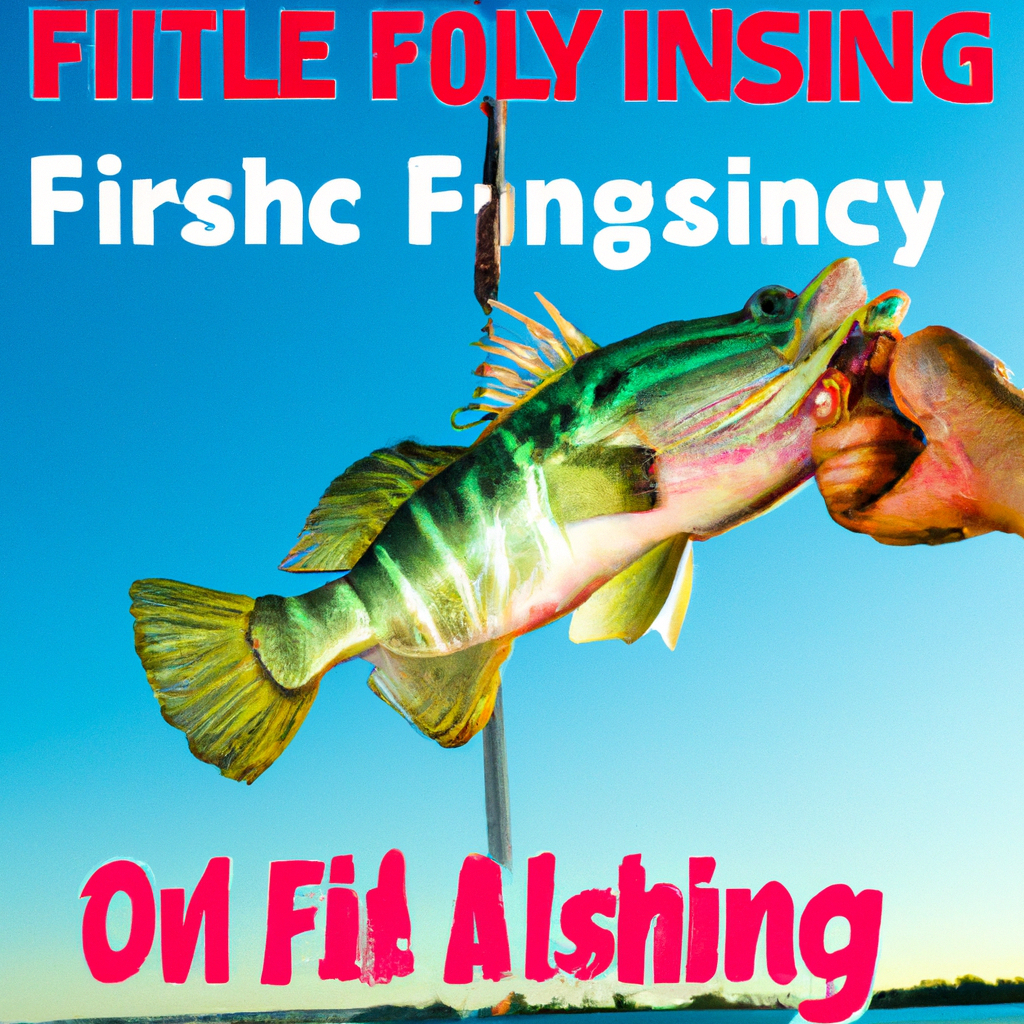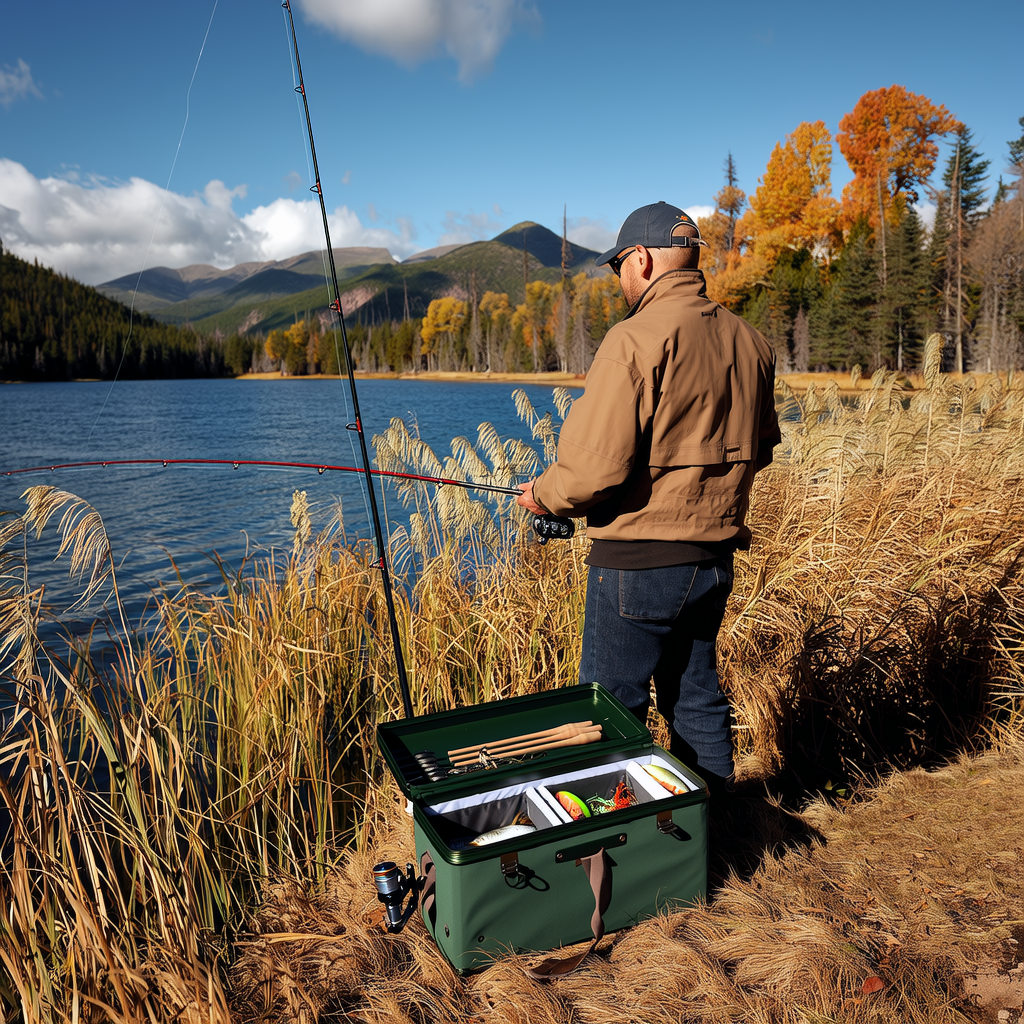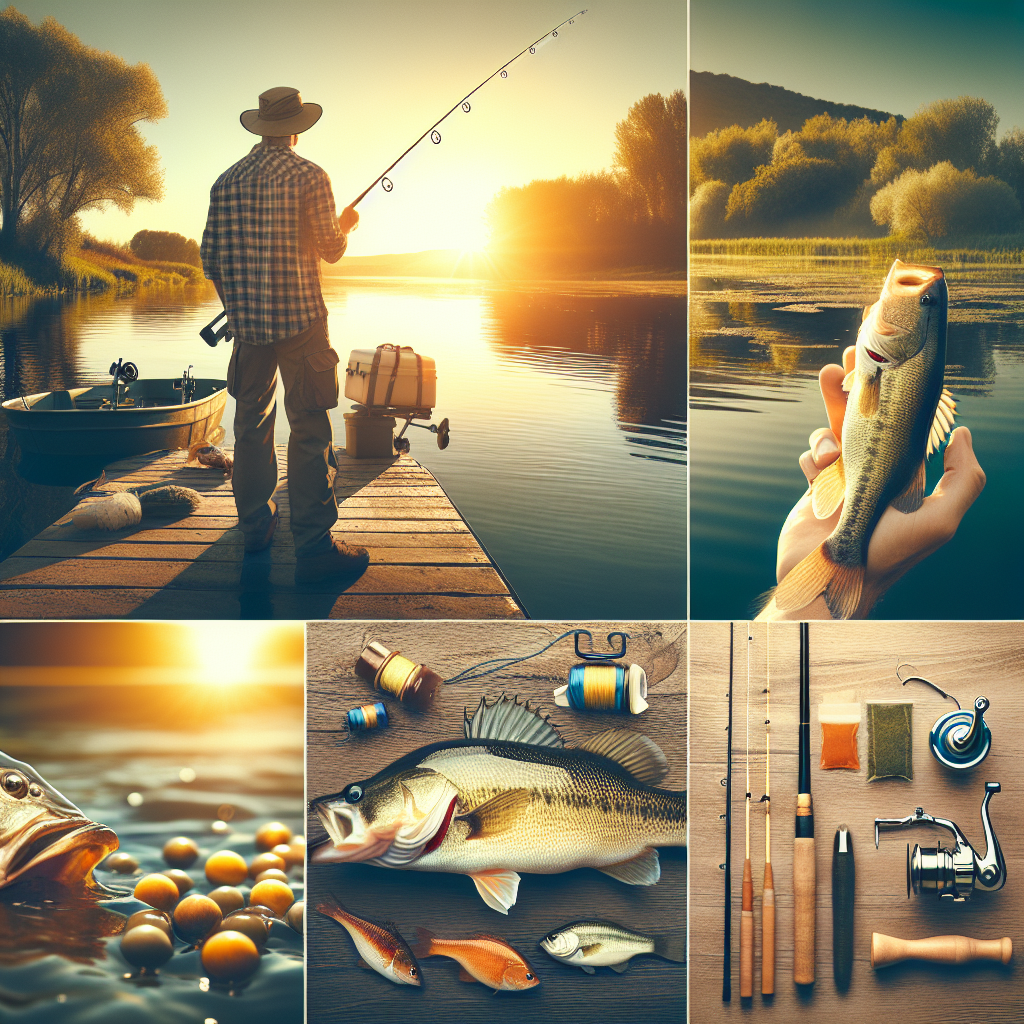You will need a Florida fishing license if you decide to go fishing in Florida. It is a requirement to ensure that the state manages and protects its fisheries for future generations. You can get your Florida non-resident license from a number of sources including physical retailers or county tax collectors.
What is a Florida Non Resident Fishing License (NRFL)?
A Florida non-resident fish license is a document that allows non residents to fish legally on the waters of Florida. These licenses are provided by the Florida Fish and Wildlife Conservation Commission and help to maintain the sustainability of marine life in the state. Non-residents are those who have not lived in the state for a minimum of six months.
Who needs a Florida Non Resident Fishing License?
Non-residents aged 16 and above require a Florida nonresident fishing license in order to fish legally on Florida’s freshwater, seawater, or brackish waterways. The license is valid for one year from the date it was purchased and can be renewed each year.
How to obtain a Florida non-resident fishing license?
There are several ways that non-residents can obtain a Florida nonresident fishing license.
Online Purchase
Online purchase of your Florida non-resident fishing permit is the easiest way to obtain it. You can purchase your license online by visiting the official site of the Florida Fish and Wildlife Conservation Commission or third-party vendors. You can print your license after the transaction.
In-person Purchase
You can purchase a Florida nonresident fishing license at various physical retailers, county tax collectors, or Fish and Wildlife Service office. These licenses are available to tourists and visitors at retail stores near fishing spots.
Florida Non-Resident Fishery License Fees
The cost of Florida fishing licenses for non-residents varies depending on the type and duration of the license. The license fees will be as follows in 2021:
Fishing Licenses
A three-day license for freshwater fishing costs $17. A seven-day license costs $30. An annual license costs $47.50. A three-day license for saltwater fishing costs $17. A week-long saltwater/freshwater fishing permit costs $30. A saltwater fishing license is $50 per year. A lifetime saltwater license costs $200 for kids under 13 and $1000 for adults.
Combo License for Hunting and Fishing
A license for three days of freshwater and saltwater fishing costs $32. A license for a week of hunting and saltwater/freshwater fish costs $46. A yearly hunting and freshwater/saltwater fishing license costs $80, while a lifetime freshwater/hunting/fishing license costs $1,000.
What are the benefits of a Florida Non Resident Fishing License?
There are many reasons to get a Florida non-resident license for fishing, including:
Legal Standing
A Florida non-resident fishing permit gives you the legal right to fish in Florida’s waterbodies without risking a fine or jail time.
Access to the Best Fishing Spots
You can fish in many different water bodies with your license, including the world renowned Key West and Miami Beach. You can target many species including Tarpon, Snook Redfish and Trout.
Support conservation efforts
The purchase of a Florida nonresident fishing license helps support the conservation programs of the state and maintains the marine ecosystem. The money collected from the sale of licenses is used to research Florida’s aquatic wildlife, habitat restoration and wildlife conservation.
Enjoy Discounts
Some retailers and captains of charters may offer discounts for anglers who have a Florida nonresident fishing license.
Florida Non-Resident Fishery License Holders Rules and Regulations
It is important to understand the rules that apply to each water body, as saltwater and freshwater species are regulated in different ways. Here are some general rules and regulations for Florida non-resident fishing permits:
Validity of License
A Florida non-resident license is valid from the date it was purchased for a specific period of time. Be sure to renew your license regularly to avoid illegal fishing.
Size and Bag Limits
Florida has limits on the number and size of fish that an angler can catch depending on the species. Before you go on a fishing trip, it is best to check the rules that apply to the water body.
Seasons and closures
In Florida, some species have seasons during which they can only be caught. Some species are closed to fishing for a certain period of time to allow the population to grow. To avoid fishing illegally, it is important to check the seasons for your target species.
Spearfishing Regulations
Florida has spearfishing regulations. For example, no one can spearfish within 100 yards of the shore. Check the rules in your water body to see if there are any specific regulations.
Renewal of your Florida Non-Resident Fishing License
Florida non-resident fishing licences expire after a certain period, depending on what type of license you purchased. You can renew your license either online or in person at a retailer or county tax collector office. Before renewing your license you should update your contact and residency details as they will affect the type and amount of fees that are payable.
Conclusion
Florida non-resident fishing licence is a legal requirement if you plan to fish in Florida’s water bodies. You can purchase your license online, or at local retailers or county tax collectors near fishing spots. The license fee varies depending on the type of license and the duration. It is valid for a certain period of time from the date of purchase. Be sure to follow the rules and regulations of the Florida Fish and Wildlife Conservation Commission to avoid fishing illegally. Enjoy your fishing trip in Florida and help to preserve the marine ecosystem.




